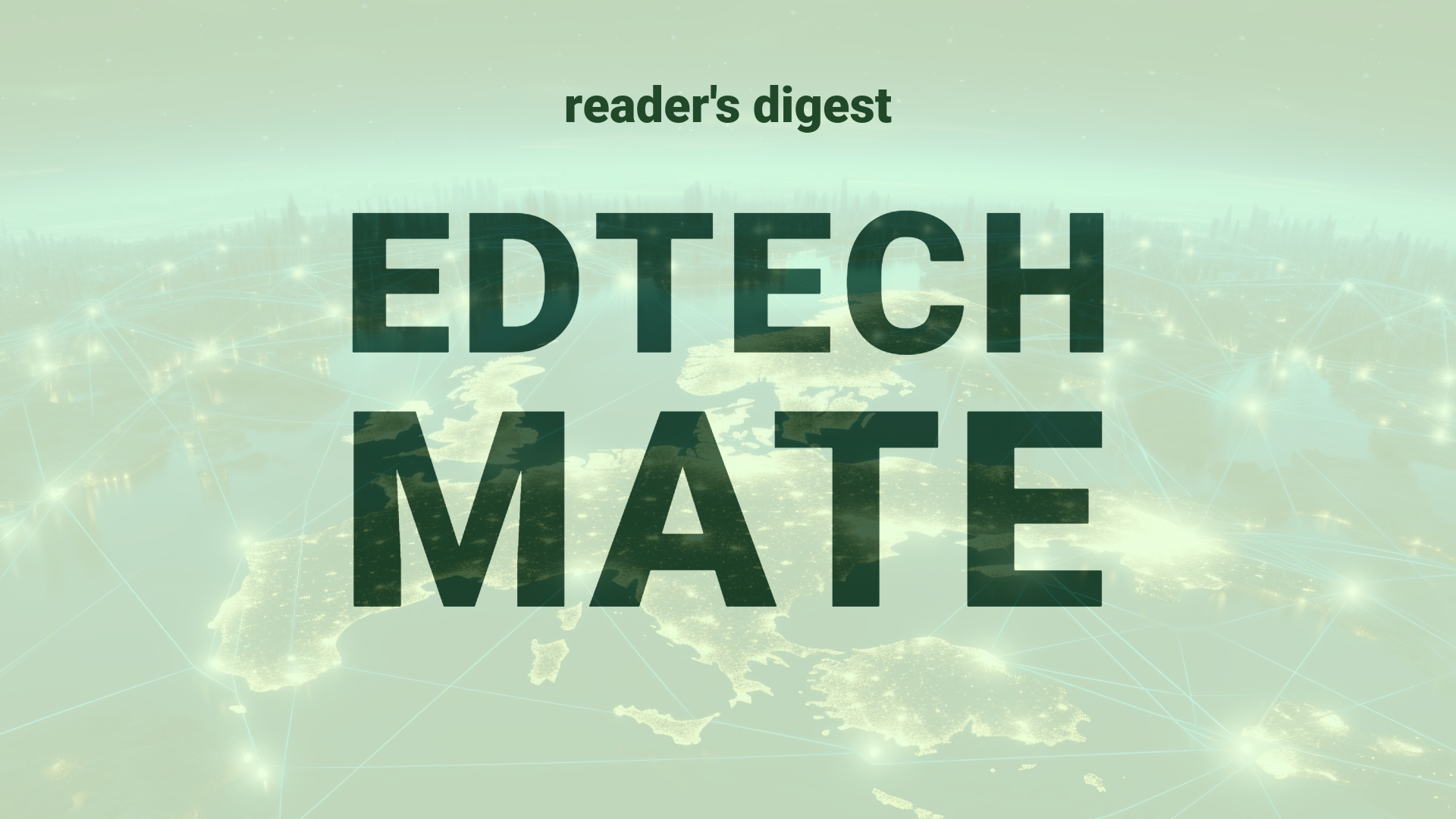Executive Summary and Main Points
The international Information Technology (IT) market has been oscillating due to post-pandemic workforce dynamics. Noteworthily, sectors like Artificial Intelligence (AI) and Machine Learning (ML) experienced significant growth amidst a landscape marked by extensive layoffs and salary stagnations in broader IT roles. The push for remote and flexible work continues to be a major talking point between IT professionals and employers. Emergent skills, particularly in AI and ML, perpetuate a competitive edge in salary negotiations and job marketability. IT leaders are selectively prioritizing roles that align with their strategic initiatives, which heightens the demand for skilled IT professionals capable of supporting advanced technologies and digital transformation.
Potential Impact in the Education Sector
The dynamic changes within the IT talent market portend profound implications for the Further and Higher Education sectors and Micro-credential offerings. As AI and ML capabilities become more integral, educational institutions must forge strategic partnerships to bolster their digital infrastructure and curriculum. Introducing or enhancing courses in cybersecurity, cloud computing, and data management will be critical. Equally, educators will need to adapt by investing in continuous professional development and aligning learning outcomes with the said competencies essential for future workforces. Micro-credentials may play a pivotal role in filling short-term skill gaps, thereby creating flexible, ongoing learning pathways aligned with industry requirements.
Potential Applicability in the Education Sector
Innovative AI and digital tools offer a plethora of applications within global education systems. Adaptive learning technologies can personalize education at scale, and AI-driven analytics can provide insights into student performance and engagement, fostering more effective teaching strategies. Moreover, virtual laboratories and simulators can complement traditional hands-on learning, especially in technical disciplines. For institutions, employing AI for administrative tasks can streamline operations and potentially reduce overheads. Above all, it is crucial for global higher education to embed within its fabric the digital literacy and competency frameworks that reflect emerging IT market trends.
Criticism and Potential Shortfalls
Despite these radical shifts, there exist criticisms and potential shortfalls which must be acknowledged. The rapid integration of AI in education raises questions about bias, equity of access, and the adequacy of AI to substitute certain pedagogical elements. Comparative international case studies suggest that the implementation success of AI and digital tools largely depends on regional socio-economic factors, existing technological infrastructure, and cultural attitudes towards technology. For instance, higher education institutions in some regions may face resistance or lack the capability to transition to AI-enhanced education models. Moreover, there is ethical concern over data privacy and the readiness of educational policies to adapt to these technological transformations.
Actionable Recommendations
For a proactive response to these challenges, it is recommended that higher education leadership undertakes the following actions: establish cross-sector collaborations to ensure technological implementation benefits from industry insights; incorporate flexible course delivery modes to accommodate diverse learning needs; invest in faculty development focusing on emerging IT skills; explore partnerships with tech firms to facilitate real-world exposure to cutting-edge technologies; and conduct ongoing reviews of curriculum to ensure alignment with evolving employer expectations. Most importantly, a comprehensive ethical framework should be devised to guide AI adoption, ensuring that cultural and contextual appropriateness is not undermined during digital transformation efforts.
Source article: https://www.cio.com/article/2100525/state-of-it-jobs-mixed-signals-changes-ahead.html

